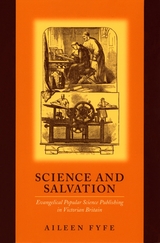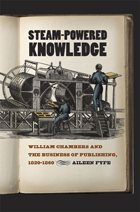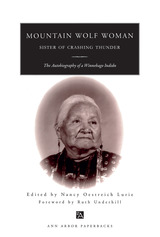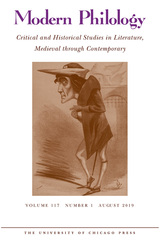
Modern scientific research has changed significantly since the days of Isaac Newton, with professionalized, collaborative, and international networks that engage a more diverse community of researchers. Yet, the long history of scientific publishing reveals a deep mutual relationship between how academic discourse develops and what (and how) research is published. With unique insights from the Royal Society of London’s comprehensive archives spanning 350 years of scientific journal publishing, A History of Scientific Journals illustrates the entangled histories of scientific publishing and professional discourses. This volume provides insights into the editorial management, business practices, and financial difficulties of journals such as Philosophical Transactions, which was first published in 1665 and has published papers by Newton, Darwin, Dorothy Hodgkin, and Stephen Hawking. Highly illustrated with photographs of historic archived documents, including early publications and editorial annotations, this history extends to the present day and includes a look at digital journal publication and the open-access movement, making the book's publication through UCL Press both appropriate and symbiotic.

A fascinating study of the tenuous relationship between science and religion in evangelical publishing, Science and Salvation examines questions of practice and faith from a fresh perspective. Rather than highlighting works by expert men of science, Aileen Fyfe instead considers a group of relatively undistinguished authors who used thinly veiled Christian rhetoric to educate first, but to convert as well. This important volume is destined to become essential reading for historians of science, religion, and publishing alike.

Science in the Marketplace reveals this other side of Victorian scientific life by placing the sciences in the wider cultural marketplace, ultimately showing that the creation of new sites and audiences was just as crucial to the growing public interest in science as were the scientists themselves. By focusing attention on the scientific audience, as opposed to the scientific community or self-styled popularizers, Science in the Marketplace ably links larger societal changes—in literacy, in industrial technologies, and in leisure—to the evolution of “popular science.”

With the overwhelming amount of new information that bombards us each day, it is perhaps difficult to imagine a time when the widespread availability of the printed word was a novelty. In early nineteenth-century Britain, print was not novel—Gutenberg’s printing press had been around for nearly four centuries—but printed matter was still a rare and relatively expensive luxury. All this changed, however, as publishers began employing new technologies to astounding effect, mass-producing instructive and educational books and magazines and revolutionizing how knowledge was disseminated to the general public.

READERS
Browse our collection.
PUBLISHERS
See BiblioVault's publisher services.
STUDENT SERVICES
Files for college accessibility offices.
UChicago Accessibility Resources
home | accessibility | search | about | contact us
BiblioVault ® 2001 - 2025
The University of Chicago Press









